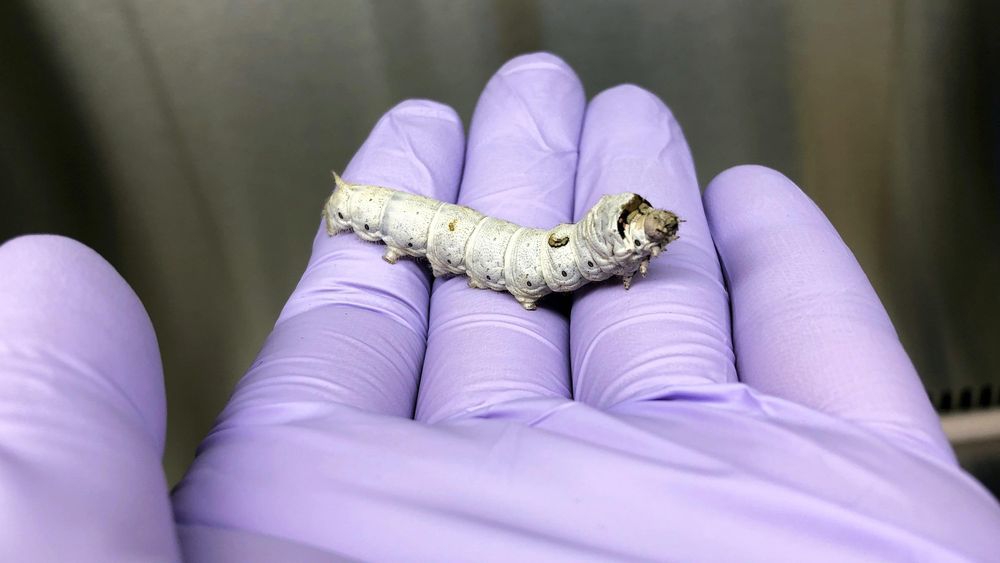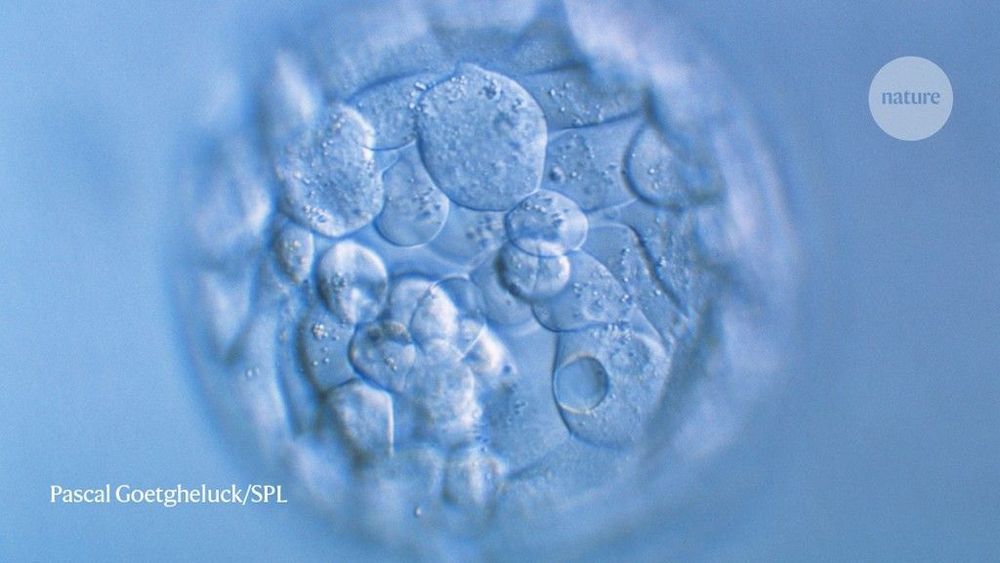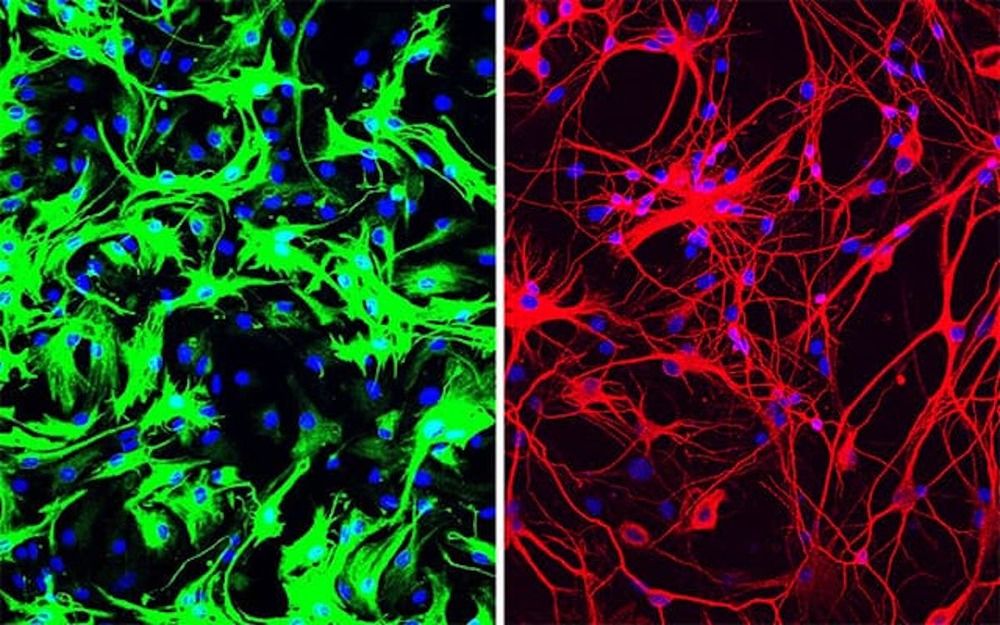While there are ways to alleviate some symptoms, there is currently no way to prevent or cure Parkinson’s disease, so the prospect of a one-off treatment that completely eliminates it is certainly an exciting one. While such a therapy remains a while off, scientists have demonstrated an exciting proof of concept in mice, whereby inhibiting a single gene as a one-time treatment eradicated the disease entirely, and kept it at bay for the remainder of their lives.
The research was carried out at the University of California, San Diego (UCSD), and centers on a protein called PTB, which plays a role in which genes are switch on and off in a cell. The team was experimenting with techniques whereby the gene that encodes for PTB is switched off so researchers can determine the flow-on effects of a reduction in the that protein on other cell types, and found peculiar results when working with connective tissue cells called fibroblasts.
In one experiment, the team created a cell line that was permanently lacking PTB, and after a couple of weeks found that there was only a small amount of fibroblasts remaining in the dish, which was brimming with neurons instead. Building on this, the team was able to use a single treatment to inhibit the activity of PTB in mice, which reprogrammed support cells in the brain called astrocytes into neurons that produce the neurotransmitter dopamine.








